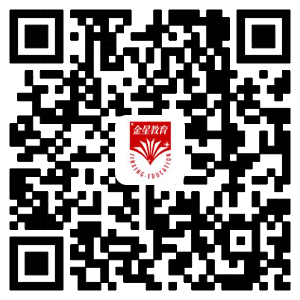(1) 状态系动词:只有be一词。如:
She is always like that. 她总是那样。
I am used to going about alone. 我习惯于独来独往。
These shoes are too tight for me. 这双鞋我穿太小。
(2) 持续系动词:表示主语继续或保持一种状况或态度,主要有keep, remain, stay, rest, lie, stand。如:
I hope you’ll keep fit. 我希望你身体好。
He always kept silent at meeting. 他开会时总保持沉默。
The door remained closed. 门仍然关着。
We can remain friends. 我们可以继续做朋友。
Please stay seated. 请继续坐着。
He stayed single. 他仍然是单身。
(3) 表像系动词:表示“看起来好像”,主要有seem, appear, look等。如:
He looks tired. 他看起来很累。
He seems (to be) quite happy. 他好像很快活。
The doctor seemed very capable. 那医生似乎很能干。
He appeared quite well. 他显得身体相当好。
He appeared taken aback. 他似乎很吃惊。
She appeared perplexed. 她显得迷惑不解。
(4) 感官系动词:表示“……起来”,有feel(摸起来,感觉) , smell(闻起来) , sound(听起来) , taste(尝起来,吃起来) 等。如:
This kind of cloth feels very soft. 这种布摸起来很软。
He looks honest, but actually he’s a rogue. 他看起来很老实,实际他是一个坏蛋。
They all look alike to me. 他们的模样我看起来都一样。
Everybody feels contented. 每个人都感到很满足。
Ice feels cold. 冰感觉起来是凉的。
Silk feels soft and smooth. 丝绸摸起来很柔软平滑。
It sounds a good idea. 这听起来是个好主意。
This food tastes good. 这菜好吃。
